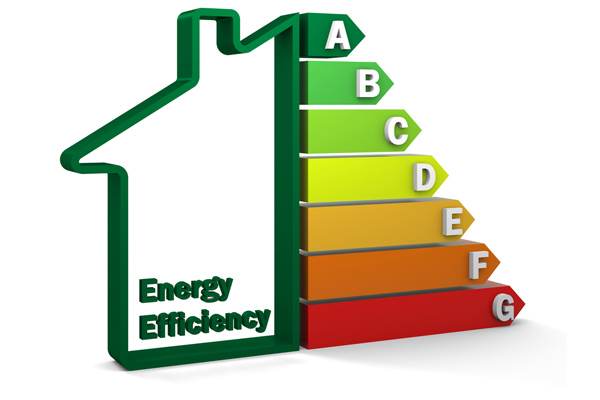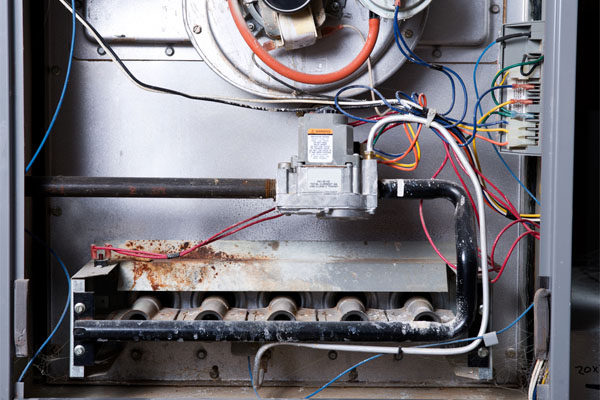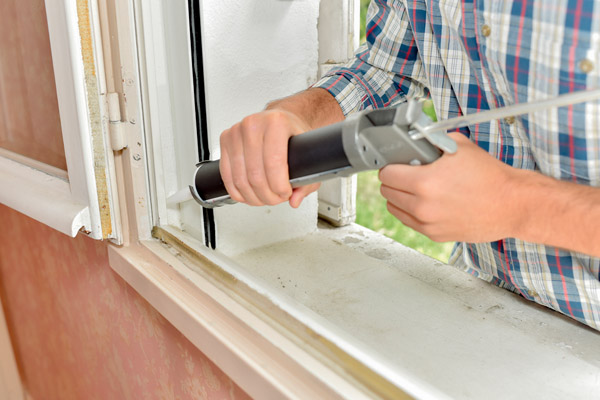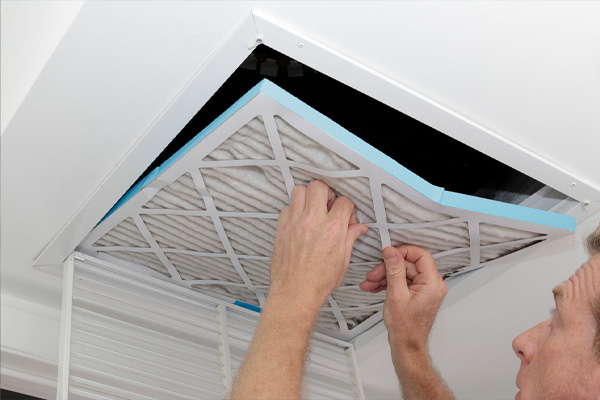Reducing Your Carbon Emissions Through High-Efficiency Heating Systems
 When people talk about environmentally-friendly projects, they often discuss carbon emissions as a gauge of success. The term carbon emission actually refers to carbon dioxide (CO2) – the same compound plants and animals emit through respiration. It is the same compound that our heating systems release into the atmosphere. While this is part of the natural process of generating heat, continued use of a low-efficiency heating system will do more harm than good. Ultimately, it will cost you more in the future due to repairs and replacements. Fortunately, you can use a superior energy efficient heating system to provide you with comfort and assure you of safety and security.
When people talk about environmentally-friendly projects, they often discuss carbon emissions as a gauge of success. The term carbon emission actually refers to carbon dioxide (CO2) – the same compound plants and animals emit through respiration. It is the same compound that our heating systems release into the atmosphere. While this is part of the natural process of generating heat, continued use of a low-efficiency heating system will do more harm than good. Ultimately, it will cost you more in the future due to repairs and replacements. Fortunately, you can use a superior energy efficient heating system to provide you with comfort and assure you of safety and security.
Reducing Your Carbon Emissions Through High-Efficiency Heating Systems
Contents
Your heating system is a key contributor to the level of carbon emissions that accumulate within the Earth’s atmosphere. To help reduce the emissions, your best move is to choose a boiler or central furnace with a high-efficiency rating. In heating systems, this efficiency is measured in AFUE or annual fuel utilization efficiency. It measures how well the system can convert fuel energy to heat energy over a 12-year period.
AFUE also reflects the ratio of the system’s heat output compared to the total amount of fuel it consumes. The higher the AFUE rating, the more efficient the system is. For example, a heating system with a 90% AFUE rating is capable of utilizing as much as 90% of its fuel to generate heat. The remaining 10% is emitted to the atmosphere, usually through a vent or chimney.
By far the highest AFUE rating in heating systems is given to boilers or furnaces. Some of these systems have an AFUE rating, ranging from 95% to 98.5%. Unfortunately, these systems cost a little more than those with a lower AFUE rating. However, they cost less to operate and save money in the long run.
Identifying A High-Efficiency Heating System
Most low-efficiency heating systems have an AFUE rating of about 55% to 70% and often require a continuous pilot light to function. They also have a heavy heat exchanger and feature a means to ensure the safe flow of combustible gases.
In some moderately efficient models, the AFUE rating might range from 80% to 83%. These systems usually do not have a pilot light but will rely on electronic ignition. They may also use exhaust fans to regulate the flow of air and gases.
High-efficiency systems, on the other hand, have a sealed combustion component and utilize two heat exchangers to condense flue gases and increase their efficiency.
Why Older Heating Systems Aren’t As Efficient As New Systems

Regardless of how well-built your heating system is, age will catch up to it. Older systems succumb to wear-and-tear due to regular use. Even if the system is well-maintained, some of its components will break or become damaged, requiring repair or replacement. Older systems also do not enjoy the same technology behind the features and design that increase the efficiency of newer models. Today’s models are designed and built to ensure that they are not only better at generating sufficient heat but they are also more reliable in consuming fuel compared to older systems.
Getting Your Carbon Emission Levels Under Control
Now that you have a high-efficiency heating system in place, you can still reduce your carbon emission levels further and save on energy costs by simply following a few steps, such as:
Sealing Air Leaks

Air leaks are notorious for allowing warm air to escape and letting in cold air from outdoors. The most common leak spots are windows, doors, joints, cracks, and holes. Inefficient insulation is also a problem and should be addressed immediately before the winter months. In most cases, problems with air leaks only require simple solutions and the earlier these problematic spots are identified, the faster they can be resolved.
Installing Programmable Thermostats
Programmable thermostats give you better control over the temperature indoors. You can program the settings to ensure maximum efficiency when and where you need to be most comfortable. For example, you could program the system to lower the temperature when you are about to leave the home and to increase it just minutes before you arrive. You can even program the system to turn off automatically or keep running even when you are not at home.
Replacing HVAC Air Filters Regularly

HVAC systems stop working efficiently when the air filters are clogged. Air filters trap tiny particulates from the air. Over time, they accumulate enough dirt that warm air simply cannot pass through. You have probably noticed that your heating system stops becoming efficient when its air filter is dirty. Have the filter cleaned or replaced regularly to keep your heating system in great shape.
Lower Thermostat Settings In Winter
This may seem like a bad move but lowering the temperature by one or two degrees will go a long way to help reduce our energy consumption and help keep our heating system healthy since it does not have to work too hard. Simply wearing a few layers of clothing will help keep us warm indoors in the winter.
Conclusion
There is no denying that we need to learn how to use our energy resources very carefully and responsibly. Whatever we do now will have repercussions in the future. By choosing high-efficiency heating systems, we can reduce the amount of pollution we contribute, help promote a cleaner environment, and yes, even save on cost over the long term. Now, isn’t that a win-win situation for all concerned?
Call McAllister Energy For Superior Heating & Cooling Solutions

McAllister Energy offers high-quality HVAC services in Camden County, New Jersey. We hire only the best professionally certified technicians who conduct superior heating and cooling services. Some of our HVAC services include HVAC maintenance, heating and cooling installations, repairs, ductless systems, energy audits, and much more. All our techs provide accurate HVAC services on time, every time.
Our company guarantees affordable heating and cooling service rates. Our maintenance services can increase your home’s comfort, energy efficiency, and cost-effectiveness. We can also provide you with a highly energy-efficient HVAC replacement system that fits your budget. Your satisfaction is important to us, so all our work comes with a guarantee. Book a service appointment with McAllister Energy today. We provide free, in-home estimates.
You can click here to contact us now or call us at (856) 665-4545 to find out more!